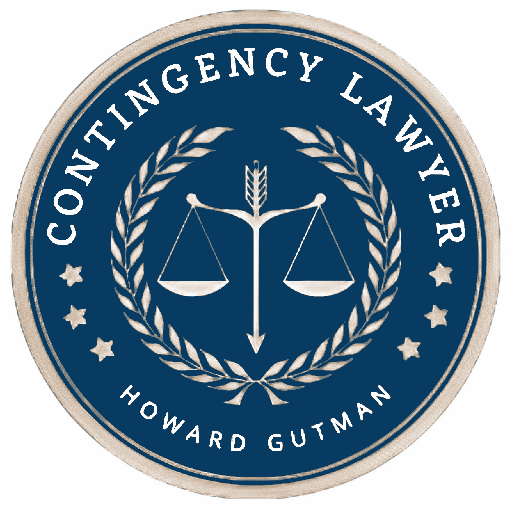The contingent model emphasizes results and removes incentives to prolong the matter or increase its hourly profitability. A recent article discusses some ways to examine and prevent overbilling.
Examine Staffing
Generally, the more timekeepers on a case, the higher the bill will be. Particular attention should be paid to associates who are under “great pressure” to bill very high hours and who “will give in to the temptation to guess and to exaggerate in order to meet the demands on them…”
The ABA Commission on Billable Hours Report (2002, pp. 6-8) notes that hourly billing penalizes efficient and productive lawyers and “may allow, indeed may encourage, profligate work habits.” Evaluate the work performed against the time billed and assess for reasonableness.
Quantify the Time Spent on Major Tasks
Add up the many incremental time entries for a task like a motion for summary judgment, and then look at the final work product to see if the time billed appears reasonable. Many smaller entries may not flag a problem until they are added up and reveal a red flag.
Another key area is “reviewing documents.” The general rule of thumb commonly used by experts in bill reviews is that it will take a lawyer about 8 hours to review a box of relevant documents. Thus, it is important to ascertain how many document pages were actually produced or reviewed and cross-check the hours billed here.
Look for Certain Patterns
Certain patterns in the work descriptions can suggest bill padding, such as:
- Formula Billing: Billing a time entry for every task, even if it takes less than a minute, i.e., reading 10 brief emails and billing them at 0.1 each for a total of one hour, when the total time only took 10 minutes.
- Time Estimates: Even numbers like 8.0, 9.0, or 10.0 are likely estimates rather than time actually spent.
- Block Billing: Lumping multiple entries into one time entry can be used to hide accountability and has been shown to increase time by 10-30%.
- Standardized Work Descriptions: Repeated entries like “review documents” may allow some down time to be folded into these routine categories.
- Wrong Times: Check times billed vs. known times, i.e., depositions have an identified begin and end date in the transcript.
Source: The Perfect Crime: How to Detect Attorney Bill Padding
By being vigilant and scrutinizing billing practices, clients can ensure they are not overcharged for legal services. The contingent model helps mitigate these issues by aligning the lawyer’s incentives with the client’s success.
If you have concerns about overbilling or need assistance with a legal matter, our team is here to help. We work on a contingency basis, so you pay nothing unless we win your case.
FREE CONSULTATION
Call (973) 598-1980 Now for a Free Consultation to Discuss Your Legal Concerns—No Payment Required
Page Search Terms: Overbilling prevention, Attorney billing issues, Contingent model, Legal billing scrutiny, Preventing legal overbilling, Lawyer billing practices







Leave a Reply
You must be logged in to post a comment.